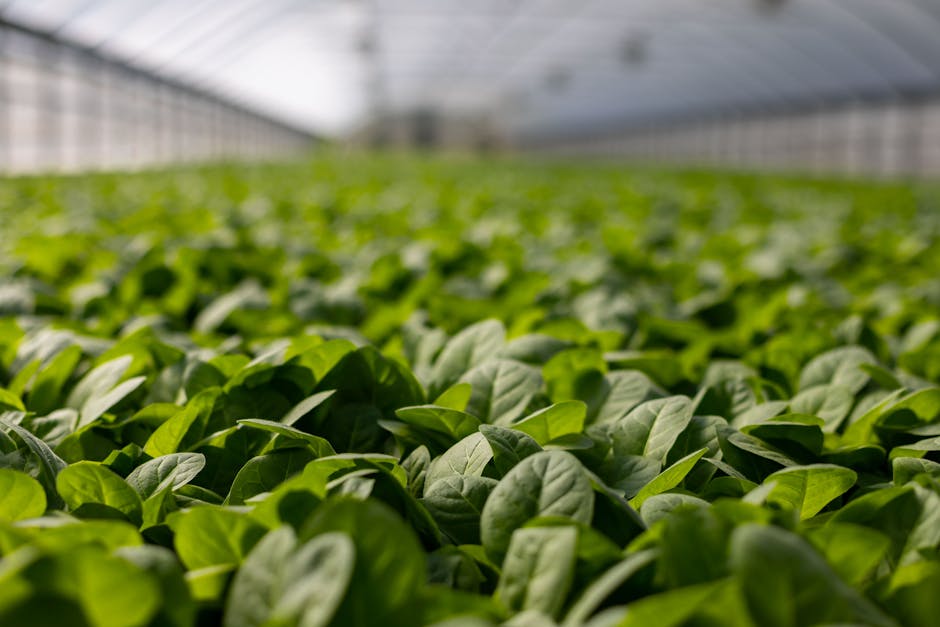The agricultural landscape is undergoing a significant transformation. A shift towards sustainable farming methods is gaining traction, driven by a confluence of factors including environmental concerns, economic pressures, and evolving consumer demands. This article examines the burgeoning popularity of sustainable agricultural approaches, exploring the motivations behind this movement and analyzing its potential impact on the future of food production.
A foundational component of the shift is the recognition of the ecological limitations of conventional farming methods. Intensive agriculture, while maximizing yields in the short term, often comes at a considerable environmental cost. Monoculture farming, reliant on heavy pesticide and fertilizer use, degrades soil health, pollutes water sources, and contributes to biodiversity loss. These negative consequences are no longer seen as acceptable trade-offs. Consequently, the focus on minimizing environmental impact and maximizing long-term agricultural resilience is driving the adoption of sustainable alternatives.
Several factors are fuelling this transition. Firstly, environmental concerns are a paramount motivator. Climate change is a pressing global issue, and agriculture plays a significant role both as a contributor and a victim of its effects. Sustainable practices, such as crop rotation, cover cropping, and integrated pest management, directly address these issues by reducing reliance on synthetic inputs, improving soil health, and increasing carbon sequestration in the soil. This aligns with a growing global awareness of the crucial role agriculture plays in mitigating climate change.
Beyond environmental considerations, economic pressures are also pushing farmers towards sustainable models. The price volatility of inputs like fertilizers and pesticides has significantly impacted farm profitability. Sustainable farming often leads to reduced input costs, as it prioritizes natural processes and the resilience of the farm ecosystem. Farmers adopting these methods experience fewer fluctuations in income and are less reliant on external market forces. Furthermore, the increasing demand for organic and sustainably produced food has created lucrative market opportunities, encouraging farmers to adapt their practices.
The rise of consumer awareness and demand plays a critical role in shaping the agricultural landscape. Consumers are increasingly seeking out food produced through environmentally and socially responsible practices. Transparency in food sourcing, ethical considerations, and the quality of the final product are motivating choices that directly influence agricultural production. This growing demand for sustainable and traceable food sources incentivizes producers to embrace new, more sustainable agricultural practices.
However, several challenges exist in the widespread adoption of sustainable farming methods. Transitioning to sustainable practices often requires significant upfront investments in new equipment, training, and infrastructure. Farmers may lack the financial resources or technical expertise to implement these changes effectively. Moreover, the adoption of sustainable farming requires a collaborative effort, involving governmental support, research institutions, and educational initiatives to ensure a smoother transition.
Examples of this shift in the field are evident across the globe. In many regions, farmers are embracing innovative practices like agroforestry, which combines trees with crops, to enhance biodiversity, improve soil health, and provide additional income sources. Organic farming, a prominent form of sustainable agriculture, has seen a substantial increase in popularity, with farmers adopting practices that eliminate synthetic inputs and prioritize ecological balance. The rise of community-supported agriculture (CSA) exemplifies the growing desire for transparent and localized food systems.
The transition is not without its complexities. Sustainable farming often yields lower initial yields compared to intensive practices. This disparity is, however, countered by the longer-term profitability and resilience it offers. Moreover, achieving sustainability in farming requires a holistic approach, encompassing not just crop production but also animal welfare, water management, and responsible waste disposal. A comprehensive framework that promotes environmental stewardship, economic viability, and social equity is essential for successful implementation.
The increasing popularity of sustainable farming is not a fleeting trend but rather a fundamental shift in agricultural priorities. Driven by a combination of environmental concerns, economic pressures, and evolving consumer preferences, the movement towards sustainable farming practices is solidifying its place in modern agriculture. The challenge remains in creating supportive policies, accessible resources, and effective incentives to facilitate the widespread adoption of these environmentally and economically sound strategies. As consumers demand more sustainable food sources, this growing trend is poised to play an increasingly important role in the future of food production. This necessitates a collective effort to create the infrastructure and support systems required for a truly sustainable and resilient agricultural system.






